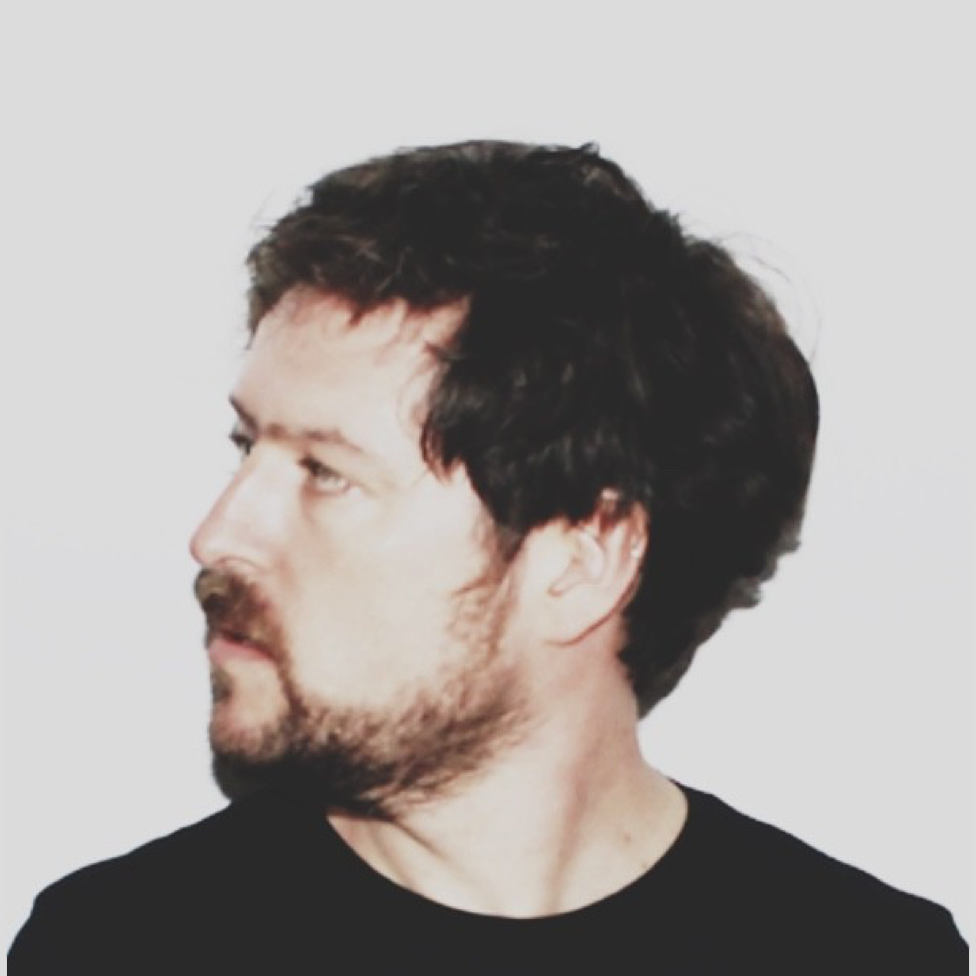Hello Ioan, Generalsekreterare på AEPO-ARTIS!
AEPO-ARTIS är en ideell organisation som representerar 36 europeiska upphovsrättssällskap från 26 olika länder. Deras mål är att utveckla, stärka och skydda utövares rättigheter i Europa. Vi har intervjuat Ioan Kaes, generalsekreterare, om vilka AEPO-ARTIS är, hur de arbetar och varför organisationen är viktig för svenska utövare.

Ioan Kaes, general secretary AEPO-ARTIS
What is AEPO-ARTIS and why is your work important for Swedish performers?
AEPO-ARTIS is the European association for collective management organisations for performers. At AEPO-ARTIS, organisations like SAMI team up with other European CMO’s to collaborate and advocate for better rights for musicians and actors.
We are important to the Swedish performers because we combine their strength with that of other European performers. In a market with increasingly large global players, this is becoming more and more important.
We are based in Brussels and closely monitor the European institutions to ensure that they always take into account the impact their initiatives have on musicians and actors. We encourage them to be ambitious and provide a truly harmonised EU-wide protection of performers neighbouring rights and create a complete level playing field for their CMO’s. Even though our focus is on Europe, we are also active at the international level and equally stand by our members in their local efforts to defend performers’ rights.
What is your role at the organisation?
I am the General Secretary. Next to being responsible for the day to day operations of the organisation, my role is to be the face of the organisation, to be the voice of performers’ CMO’s as an essential part of a strong European cultural sector.
And just like the European cultural sector, the sector of collective management is very diverse. Some organisations represent musicians only, some represent actors only, others represent both. Some are established as a joint society with producers, some are joint with authors. Some have local monopolies, others operate in a highly competitive environment. It is my responsibility to make sure that despite these differences we can come across with a common message in which our performers always come first. And let there be no doubt that all our members agree that everything we do has to be done to improve the situation of the 650.000 performers we collectively represent. Without the trust of our performers, none of us would exist.
Do you have any top priorities the coming years?
For what concerns the priorities for us as an organisation we need to expand our network to connect organisations representing actors and musicians in every country. With SAMI and TROMB (Fackförbundet Scen och film) we have good partners in Sweden, but there are still some gaps that we need to fill in other countries.
In terms of the topics on the agenda, the Copyright directive will remain at the top for a little while longer. That directive was already voted by the European Parliament in 2019, but is still not fully implemented in most countries. Also not in Sweden.
The directive was a missed opportunity because Europe has not taken its responsibility to introduce a number of highly necessary changes, but passed it on to the Member States. And they, in turn, suffer from procrastination and choose to sit on the fence. Nevertheless, we hope by continuing to join forces across borders, we can ensure that this directive leads to progress for performers in every Member State.
Can you say anything about the situation for performers and what you think is needed to make a better situation for them?
I think we can’t ignore the fact that it is very difficult to survive as an artist these days. It is true that today you have more opportunities to profile yourself, but the possibilities for developing a stable career are under pressure.
As an artist you are practically forced to make your work accessible to everyone and at a price you no longer control. It sometimes feels as if you have to undergo it all, as if the choices you make don’t affect the outcome. In such a situation you need to build in guarantees. We need systems in place that guarantee remunerations regardless of the choices an artist can or cannot make. And that is where collective management organisations can offer added value and are willing to take up responsibility.
Apart from that, I think there is also still a general need for more knowledge about our sector among beginning musicians and actors. All the information is out there, but people who aspire a career in the cultural sector need guidance in processing all of it. We see that our members have already made enormous efforts in this area, but this exercise is not limited to performers. This applies equally, if not more, to the aspirant label owner, the aspirant producer, the aspirant booker. Education is key.
What is your relation to music?
Music runs like a thread through my life and has probably determined more than I would like to admit. Music has probably been at the root of every decision I’ve ever made in my life, most definitely the bad ones. But it has made sure I don’t regret any of them. I can proudly look back on a modest career as a musician myself and that has allowed me to travel the world and understand it in a way that would otherwise not have been possible.
And I think it is also fair to say that all that would have never happened if I had not been introduced to Swedish music at a young age. And I don’t mean ABBA. I grew up listening to bands like Refused, Breach, Abhinanda, Shield, Fireside, Last Days of April and Millencollin. What they did was inspiring to a lot of European kids and not only musically. With independent labels like Burning Heart, Startracks and Desperate Fight records, they provided an organised response to the mainly US and UK music with which we, as lovers of loud music, were inundated. Their DIY-attitude and their collective thinking has stuck with me to this day and is probably one of the reasons why I feel at home in this sector of collective management organisations.
